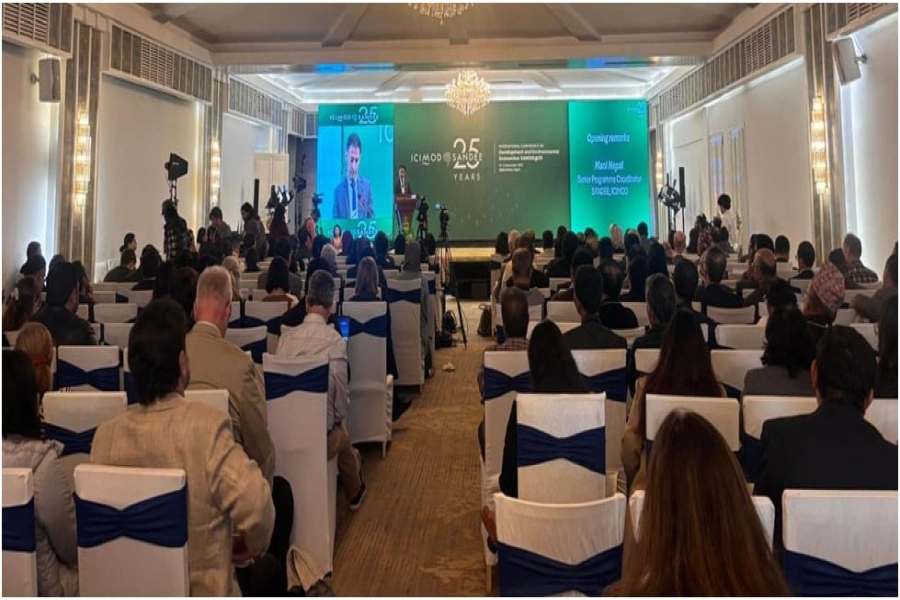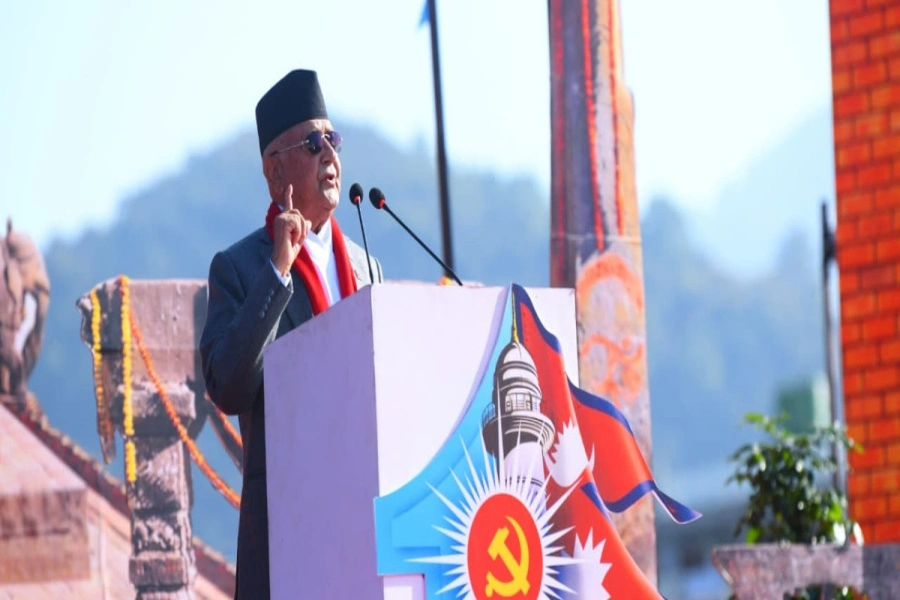GENEVA, Oct 9: In response to alarming data confirming an ongoing ecological crisis affecting coral reefs, a rare special emergency session has been scheduled for October 30 on the sidelines of the UN Biodiversity Conference COP16 in Cali, Colombia. This session aims to address the unprecedented fourth global coral bleaching event, which is currently impacting over 75 percent of coral reefs worldwide and poses a significant threat to more than a billion people and over a quarter of marine life.
According to a press release issued by Global Fund for Coral Reefs, the session will be led by Ambassador Peter Thomson, the UN Secretary-General’s Special Envoy for the Ocean, and will focus on the escalating threats to coral reefs, coastal communities, and the marine ecosystems that depend on them. "I am deeply concerned about the ongoing fourth global coral bleaching event, the most extensive on record," said Ambassador Thomson, "Healthy coral reefs are crucial for the well-being of 25 percent of all marine life and over a billion people. Yet, they are on the brink of collapse”, as mentioned in the press statement.
Nickel mining threatens Indonesia coral haven, NGOs warn

Historically, special emergency sessions addressing non-humanitarian issues are rare, underscoring the severity of the current situation. The International Coral Reef Initiative (ICRI) reported that the previous global coral bleaching event from 2014 to 2017 was the longest and most damaging, affecting 65.7 percent of coral reefs.
While corals can survive bleaching events, increased stress and mortality risks hinder their reproductive rates. Scientific studies indicate that addressing local threats through targeted interventions can enhance coral resilience and recovery. However, time is running out, and it is imperative to scale up integrated strategies to avert ecosystem collapse.
Financing remains a significant obstacle in bolstering the resilience of remaining coral reefs. "Without transforming coastal economies through a blend of grant and impact investments, even the most resilient coral reefs risk dying out," warned Pradeep Kurukulasuriya, Executive Secretary of UNCDF. He emphasized the need for innovative financial mechanisms through the Global Fund for Coral Reefs (GFCR) to attract private sector investment while leveraging public and philanthropic capital, the press release said.
During the COP16 Emergency Special Session on Coral Reefs, representatives from coral states, leaders in coral reef action, and esteemed scientists will gather to discuss actionable strategies, integrated approaches, and scalable resilience initiatives. The session aims to establish clear action points and urgent calls to action for both public and private leaders to scale up transformative conservation efforts, thereby preventing the functional extinction of coral reefs.






-1765616104-1765618344.webp)































-1765616104.webp)